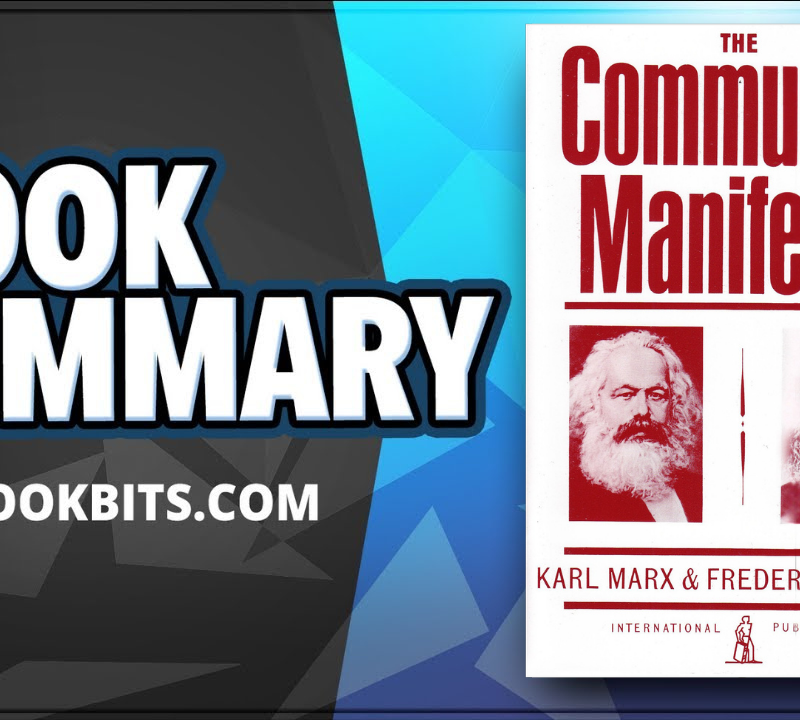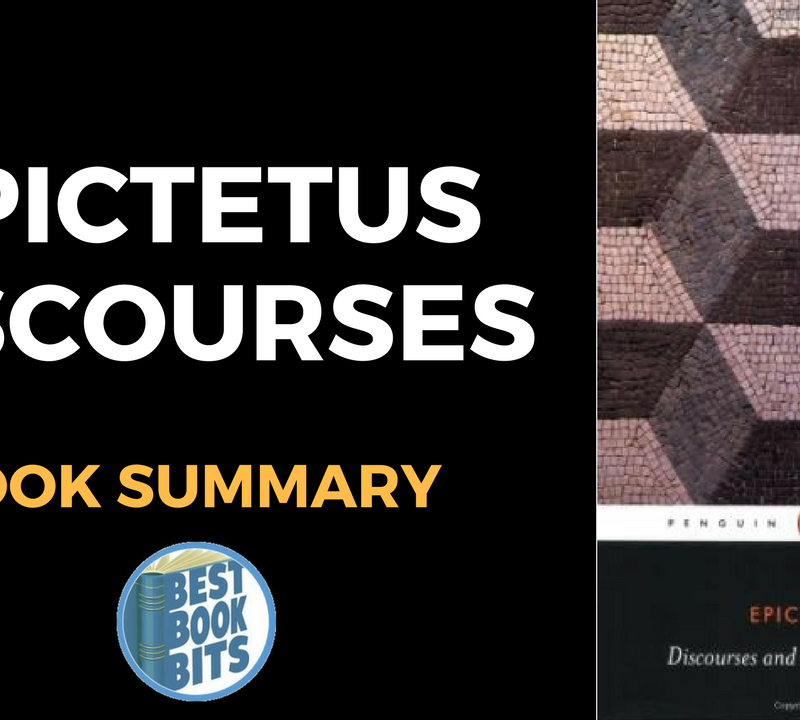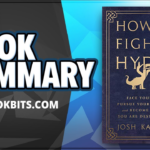★★★ Sign up to the Weekly Book Summary Newsletter by CLICKING HERE
★★★ Get any FREE audiobook of your choice by CLICKING HERE
- A good commander is benevolent and unconcerned with fame.
- A leader leads by example, not by force.
- All warfare is based on deception. Hence, when able to attack, we must seem unable; when using our forces, we must seem inactive; when we are near, we must make the enemy believe we are far away; when far away, we must make him believe we are near.
- Appear weak when you are strong, and strong when you are weak.
- Be extremely subtle, even to the point of formlessness. Be extremely mysterious, even to the point of soundlessness. Thereby you can be the director of the opponent’s fate.
- Build your opponent a golden bridge to retreat across.
- Can you imagine what I would do if I could do all I can?
- Confront them with annihilation, and they will then survive; plunge them into a deadly situation, and they will then live. When people fall into danger, they are then able to strive for victory.
- Engage people with what they expect; it is what they are able to discern and confirms their projections. It settles them into predictable patterns of response, occupying their minds while you wait for the extraordinary moment — that which they cannot anticipate.
- Even the finest sword plunged into salt water will eventually rust.
- For to win one hundred victories in one hundred battles is not the acme of skill. To subdue the enemy without fighting is the acme of skill.
- He who is prudent and lies in wait for an enemy who is not, will be victorious.
- He will win who has military capacity and is not interfered with by the sovereign.
- He will win who knows how to handle both superior and inferior forces.
- He will win who knows when to fight and when not to fight.
- He will win who, prepared himself, waits to take the enemy
- He will win whose army is animated by the same spirit throughout all its ranks.
- If ignorant both of your enemy and yourself, you are certain to be in peril.
- If the mind is willing, the flesh could go on and on without many things.
- If you are far from the enemy, make him believe you are near.
- If you know the enemy and know yourself, you need not fear the result of a hundred battles. If you know yourself but not the enemy, for every victory gained you will also suffer a defeat. If you know neither the enemy nor yourself, you will succumb in every battle.
- If your enemy is secure at all points, be prepared for him. If he is in superior strength, evade him. If your opponent is temperamental, seek to irritate him. Pretend to be weak, that he may grow arrogant. If he is taking his ease, give him no rest. If his forces are united, separate them. If sovereign and subject are in accord, put division between them. Attack him where he is unprepared, appear where you are not expected.
- Invincibility lies in the defence; the possibility of victory in the attack.
- Keep your friends close, and your enemies closer.
- Know thy self, know thy enemy. A thousand battles, a thousand victories.
- Know yourself and you will win all battles.
- Let your plans be dark and impenetrable as night, and when you move, fall like a thunderbolt.
- Move swift as the Wind and closely-formed as the Wood. Attack like the Fire and be still as the Mountain.
- Opportunities multiply as they are seized.
- Pretend inferiority and encourage his arrogance.
- Strategy without tactics is the slowest route to victory. Tactics without strategy is the noise before defeat.
- Supreme excellence consists of breaking the enemy’s resistance without fighting.
- The art of war teaches us to rely not on the likelihood of the enemy’s not coming, but on our own readiness to receive him; not on the chance of his not attacking, but rather on the fact that we have made our position unassailable.
- The general who wins the battle makes many calculations in his temple before the battle is fought. The general who loses makes but few calculations beforehand.
- The greatest victory is that which requires no battle.
- The opportunity to secure ourselves against defeat lies in our own hands, but the opportunity of defeating the enemy is provided by the enemy himself.
- The quality of decision is like the well-times swoop of a falcon which enables it to strike and destroy its victim
- The supreme art of war is to subdue the enemy without fighting.
- There are not more than five musical notes, yet the combinations of these five give rise to more melodies than can ever be heard. There are not more than five primary colors, yet in combination they produce more hues than can ever been seen. There are not more than five cardinal tastes, yet combinations of them yield more flavors than can ever be tasted.
- There is no instance of a country having benefited from prolonged warfare.
- Thus, what is of supreme importance in war is to attack the enemy’s strategy.
- To fight and conquer in all our battles is not supreme excellence; supreme excellence consists in breaking the enemy’s resistance without fighting.
- To know your Enemy, you must become your Enemy.
- Treat your men as you would your own beloved sons. And they will follow you into the deepest valley.
- Victorious warriors win first and then go to war, while defeated warriors go to war first and then seek to win.
- Victory usually goes to the army who has better trained officers and men.
- When strong, avoid them. If of high morale, depress them. Seem humble to fill them with conceit. If at ease, exhaust them. If united, separate them. Attack their weaknesses. Emerge to their surprise.
- When the enemy is relaxed, make them toil. When full, starve them. When settled, make them move.
- When you surround an army, leave an outlet free. Do not press a desperate foe too hard.
- You have to believe in yourself.













